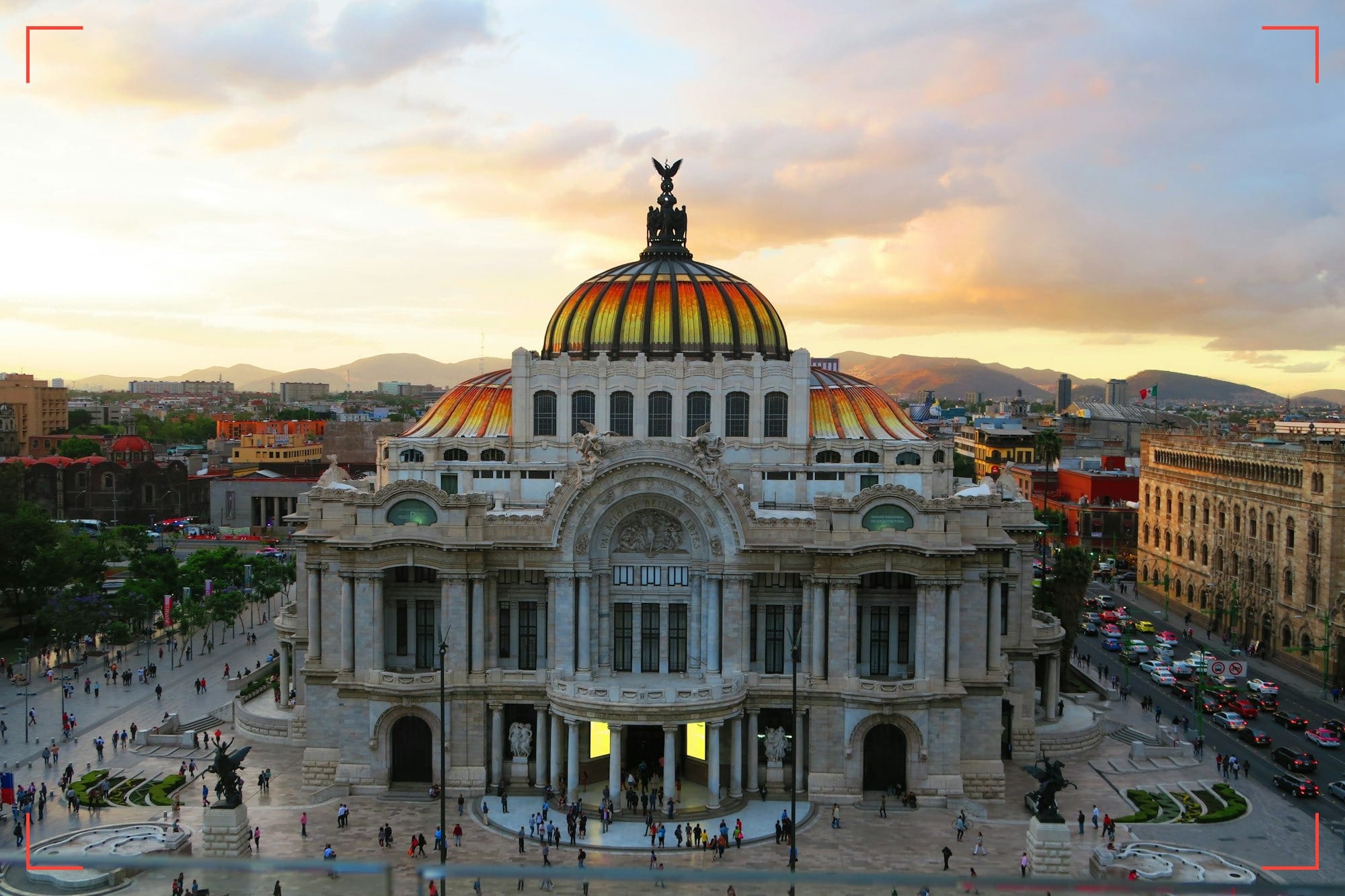
Table of Content
Remaining content is for members only.
Please become a free member to unlock this article and more content.
Subscribe Now
Please become a free member to unlock this article and more content.
Subscribe NowPlease create a free account to become a member and join the discussion.
Create a FREE accountStay up to date with curated collection of our top stories.